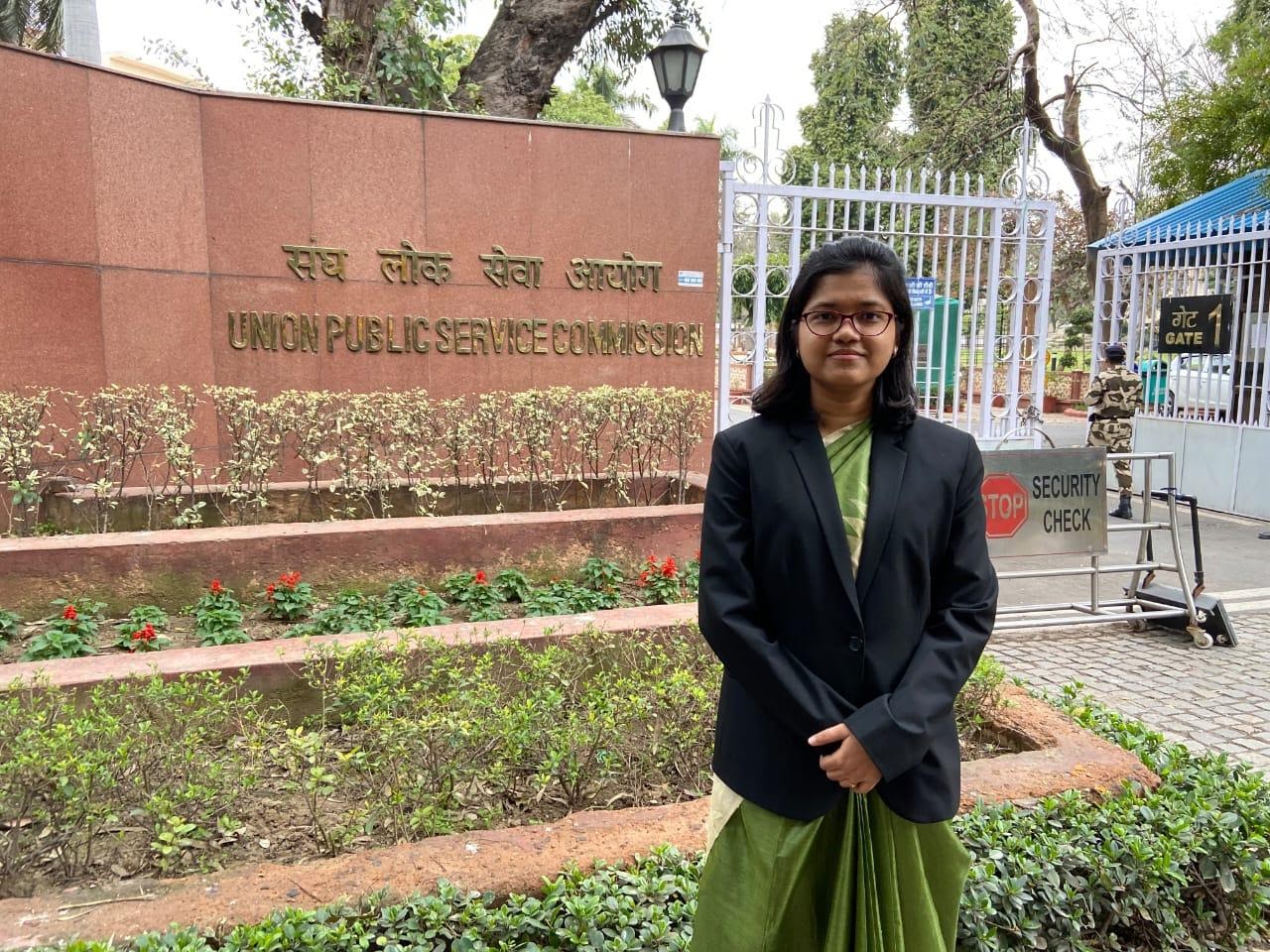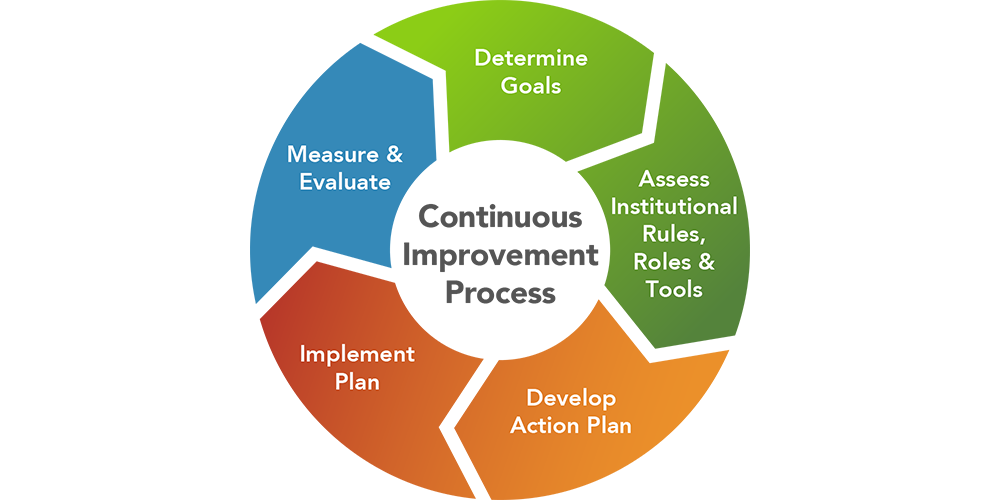(FREE) UPSC Current Affairs 2025 PDF
NEW! The Gist (SEP-2025) | E-BOOKS
(Getting Started) Simi Kiran On How She Scored 148 In Ethics Paper AIR-31
(Getting Started) Simi Kiran On How She Scored 148 In Ethics Paper AIR-31

Simi Kiran, AIR-31, UPSC CSE, 2019
Simi Kiran from the steel city of Balasore, Odisha, secured the coveted all-India rank of 31 in the UPSC Civil Services examination 2019. A state board topper and an engineer from IIT-Bombay, Simi is no stranger to exceptional academic performance. This was her first attempt at UPSC Civil Services and she attributes a lot of her success to her excellent essay and ethics scores.
Simi's Ethics Strategy
Simi believes that Ethics doesn't need a whole different preparation plan. Instead, one should judiciously use the knowledge they have gathered in their General Studies preparation. The key is to know how to write answers. For this Simi used IAS toppers' answers as model answers. With a little hard work, it is easy to become extremely proficient in expressing your thoughts efficiently and write presentable and readable answers.
Sources
Simi used the following books and study notes, along with online sources to prepare for ethics –
- Lukmaan IAS Ethics Class Notes – These are easily available in the market.
- 2nd ARC Report on Ethics and Governance – She read the summary and not the entire report.
- Decode Civils by Mudit Jain – Examples and case studies are very good.
- TheBetterIndia.Com – Extremely helpful in getting to know the difficulties faced and overcome by bureaucrats.
Some optional sources Simi highly recommends are –
- The Difficulty of Being Good by Gurucharan Das
- Harvard Lecture Series on Justice by Michael Sandel
- Not Just A Civil Servant and Ethical Dilemmas by Anil Swarup
- Poor But Spirited In Kareemnagar: Field Notes Of A Civil Servant by Sumita Dawra
Approach
- When writing case studies, try to bring in examples from the lives of bureaucrats. This establishes to the examiner how well-tuned you are to handle situations in your own life as a future bureaucrat. Relate these to foundational values of civil services.
- Ethics calls for a lot of introspection and thinking deeply. One of the main reasons for this is that there are no right answers to most dilemmas presented in GS-4 questions. Any opinion is valid as long as you can justify it. This makes it very important to approach questions with logic and practice writing them.
- Check out topper's answers like those of Soumya Sharma, Siddharth Jain, Shreyansh Kumar, etc. These are very good sources of keywords and examples that you can directly use in your own answers.
- Solving upsc mains previous years' questions is 60% of your work done. Several questions are repeated either directly or with little tweaks. Do not skip them.
- Practice arguing for and against ideas as it will help you write better answers.
- For every keyword, write your thoughts into notes. Polish them over time and use them in your answers.
- Note down relevant quotes and phrases relevant to your keywords. This is where reading about thinkers comes into play.
- Keep a stack of examples from life, current affairs, mythology, or even popular books and movies. You can even use your hobbies, role models, professional as examples.

Answer Writing
Simi preferred starting with her case studies. In the introduction, she used quotes and examples, followed by definitions. The main body format will depend on what is asked. Try to bring in as many examples as possible. Always bring in the ethical perspective even if the solution at first glance seems administrative or technical. Add flowcharts and diagrams and it adds to your answer. But practice them because otherwise, you won't be able to do it on spot in the exam hall. Keep your answers crisp and as per the demand because you have to complete all 20. Missing out on answering questions will severely cut off your scope.
The 3 key points to remember are –
- Identify keywords.
- Identify challenges.
- Use keywords sparingly across the answer.
Message To Aspirants
Be honest with yourself – evaluate your efforts and correct your course whenever needed – you are your greatest critic.
All the best!
CLICK HERE TO DOWNLOAD UPSC TOPPERS NOTES


